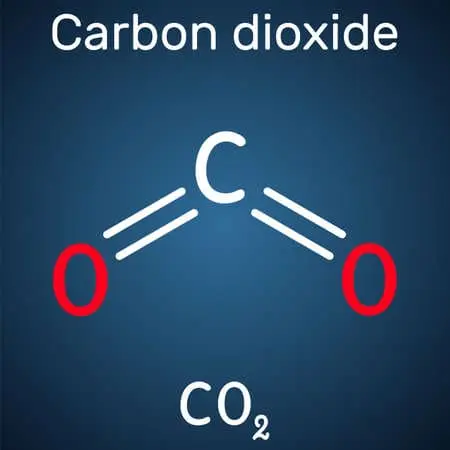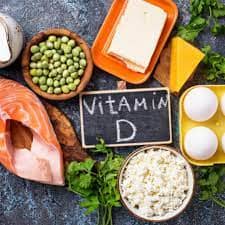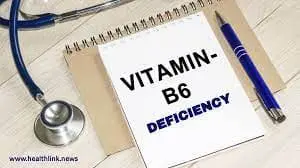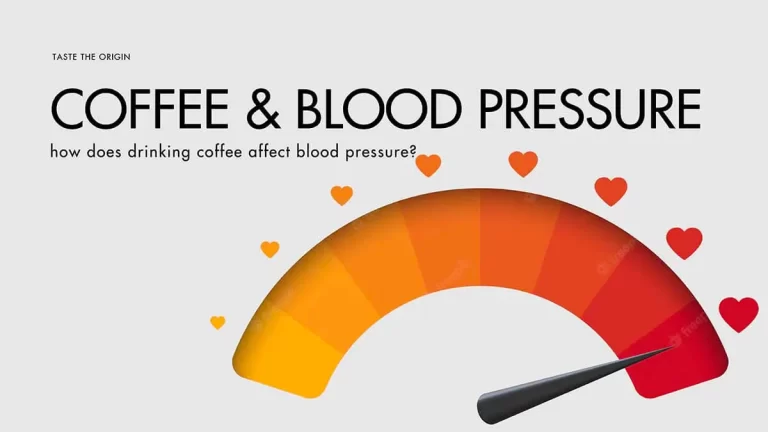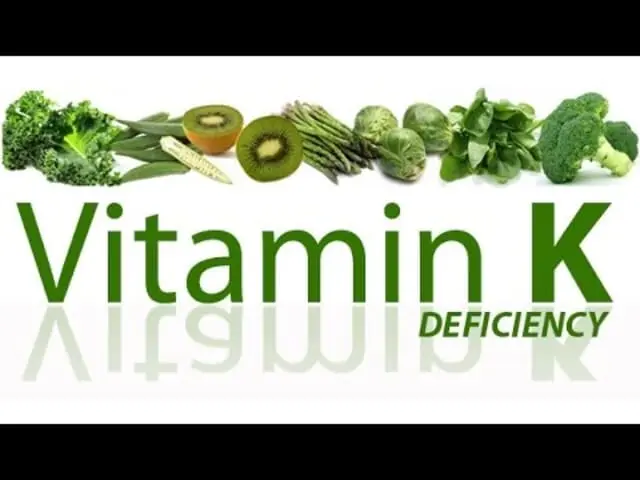Carbon dioxide
Introduction Carbon dioxide (CO2) is a significant gas that traps heat and is commonly referred to as a greenhouse gas. It is produced by burning fossil fuels, which include coal, oil, and natural gas, as well as by wildfires and other natural events like volcanic eruptions. CO2 is the chemical formula for the molecule carbon…

